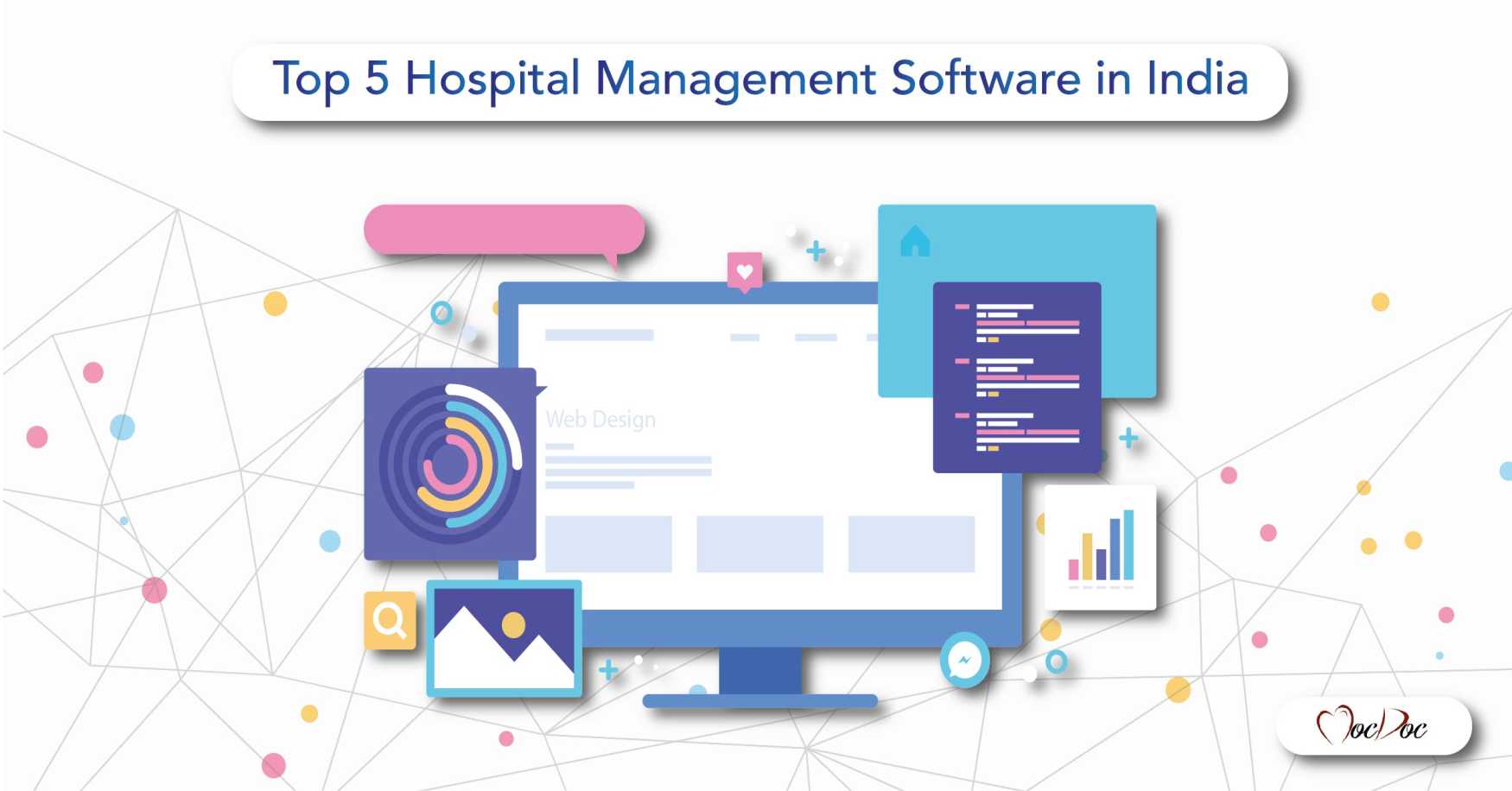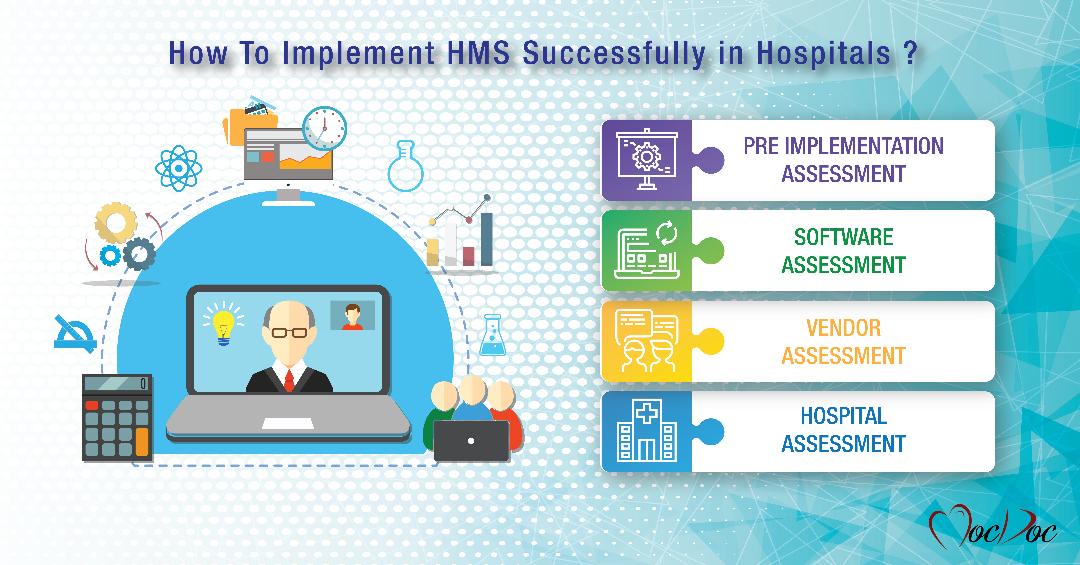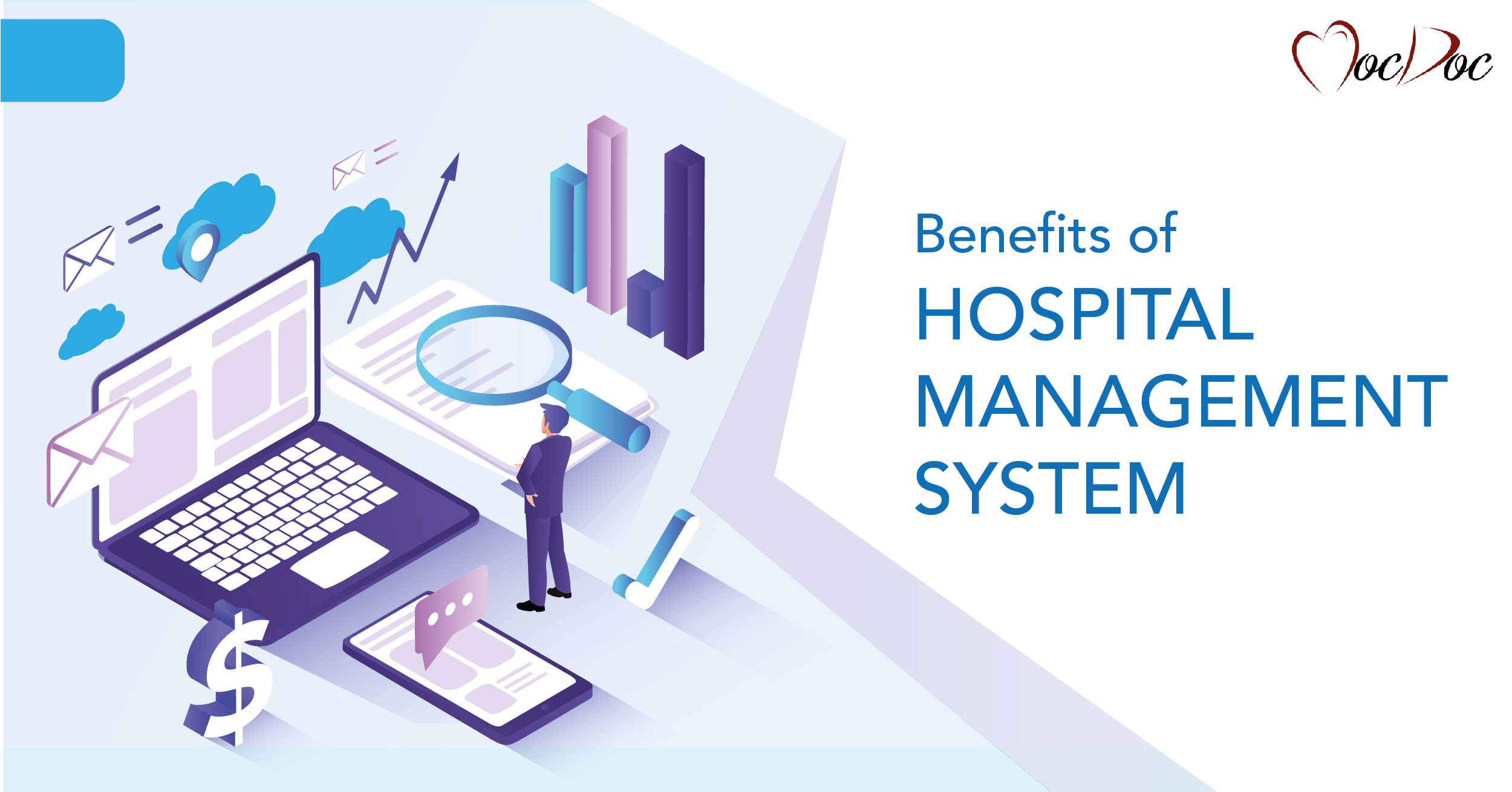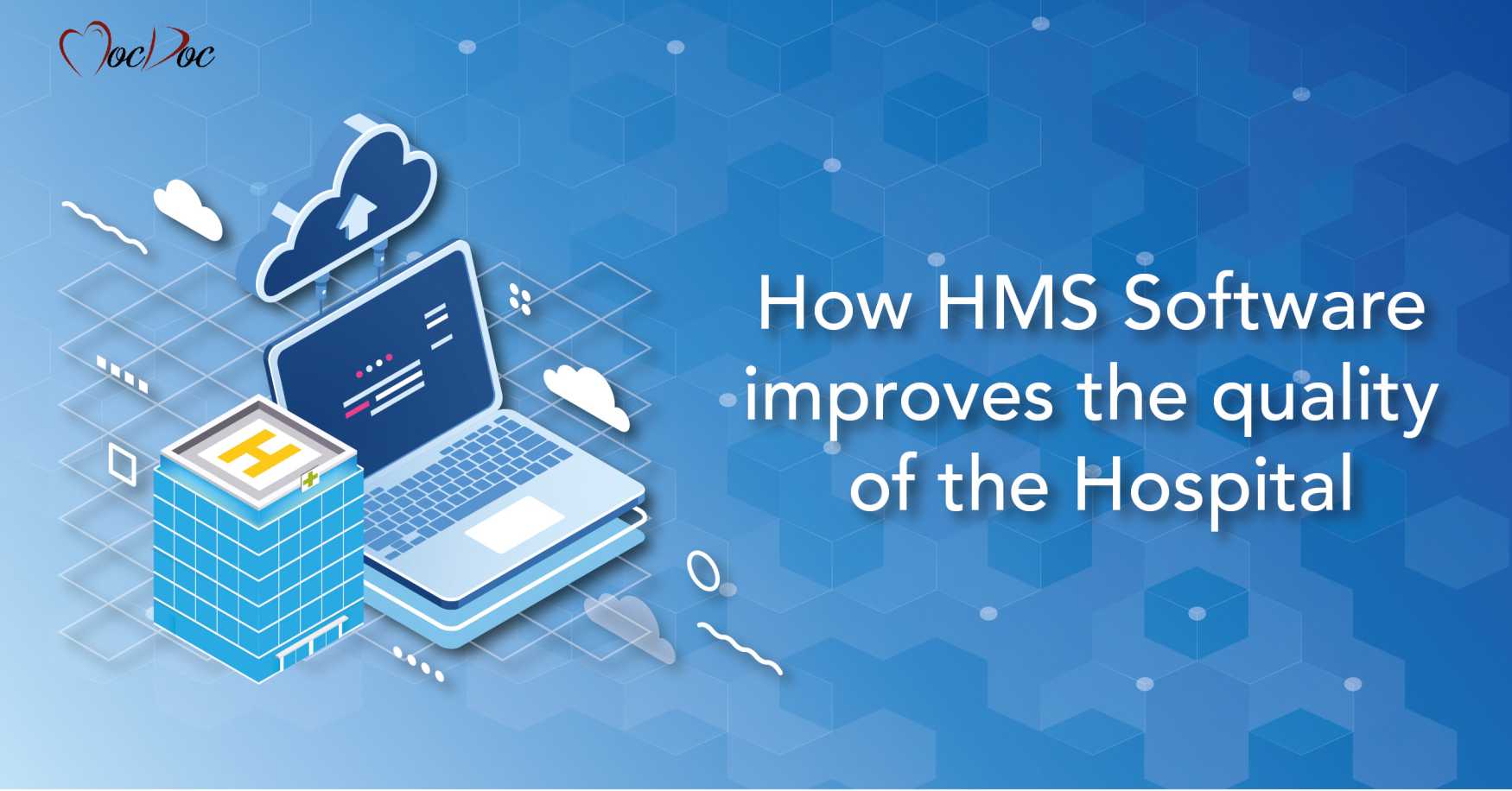MocDoc's Offerings
How voice assistants can make an impact in a hospital
Published By
Steve
2019043015:30:57
Category HMS

With advancements in AI, digital assistants are becoming more and more capable. What started as an advanced voice-based search device, has now become capable of helping us manage our daily schedules, book appointments, make reservations, play songs, and it may one day act as a complete assistant to all of us. They were first seen in smartphones, in the form of Siri in iPhones and Google Assistant in android devices and now they’re coming in the form of standalone devices such as Amazon’s Echo, Google Home devices and Apple’s Homepod.
Digital assistants, like in every other aspect of our life, have a huge potential in revolutionizing healthcare by assisting hospitals, doctors and other paramedical staff in record-keeping, managing their appointments, and help in taking better care of the patients in an efficient manner. Artificial intelligence is assisting doctors in making better diagnoses, and advanced robotics technology is making surgeries more precise. Digital assistants may one day be as ubiquitous as a stethoscope in a hospital as they become more automated. Recently some hospitals in USA introduced Alexa skills, with which patients can book appointments and manage prescriptions.
Digital assistants for patients
People are becoming more and more dependant on their digital assistants on their phones. Recent stats show that by 2020, 50% of all searches would be done by voice search and 30% of all searches would be done without screens. This number is bound to increase with the increasing number of smart home speakers and increasing capabilities of digital assistants.
With the integration of digital assistants to the hospital management system, patients would be able to book an appointment with a doctor, just by talking to their digital assistants. Patients would be able to upload their health parameters such as blood sugar, blood pressure levels on a daily basis if their health conditions require it without having to visit the hospital or filling complex forms. This would enable their doctors to provide more accurate and reliable advice for their patients. They can also get the results of their lab tests without having to visit the hospital or lab. With advanced hospital management systems, patients can currently receive their test results in a PDF form, but as digital assistants become more ubiquitous, they would prefer asking their smart devices, instead of looking at their screens.
Digital assistants would also be able to assist in providing first aid with real-time advice from doctors and summon qualified medics in case of an emergency. There are unconfirmed reports of cops being called using amazon Alexa in case of domestic violence, and this shows the potential for digital assistants being helpful in case of a medical emergency.
How doctors can make use of digital assistants
Doctors are required to maintain clear records of their patient’s history. Clear and accurate records help to provide accurate treatment when the patient has any medical issues in the future. Doctors usually have to rely on shorthands, or transcriptions to make accurate records in the short time they have, and there is a chance that they may forget to add minute details when the records are made at a later date. This has been reduced to a large extent by the use of electronic health records, which are often made as easily filled templates, but with the use of digital assistants, doctors can simply dictate the health condition of the patient, and with the use of smart prompts, they can be sure that they didn’t miss any info.
Smart assistants also have the potential to help doctors better manage their appointments and schedules. Doctors can easily get the complete details of their appointments, the timings, and the schedule simply by asking their digital assistant.
Digital assistants for hospital administration
Hospital management system have made it easy for hospital administrators to get accurate real-time information about the status of their hospitals, and manage it efficiently by making better use of their resources. But this also means they have to check their screens much more often, and this can become tiring on a daily basis.
With the use of a digital assistant, hospital admins can get quick reports of their hospitals, such as daily revenue, the total number of appointments, expenses incurred, and also about the stock of essential pieces of equipment, disposables, and medicines.
Alerts for emergency situations, such as when adequate doctors or paramedics are not available, or when essential supplies are running low, will ensure that the hospitals are making the best use of their resources.
If you would like to implement voice assistants to go with your hospital management systems, contact us
Related Articles
Top 5 Online Hospital Manageme...
Hospital Management Software is a vital business t..... Read more
How to Implement HMS Successfu...
When compared to other industries, the healthcare ..... Read more
What are the benefits of the h...
HMS (MocDoc HMS) otherwise known as HMIS (Hospital..... Read more
How HMS improves the quality o...
Hospital Management Software is considered to..... Read more



